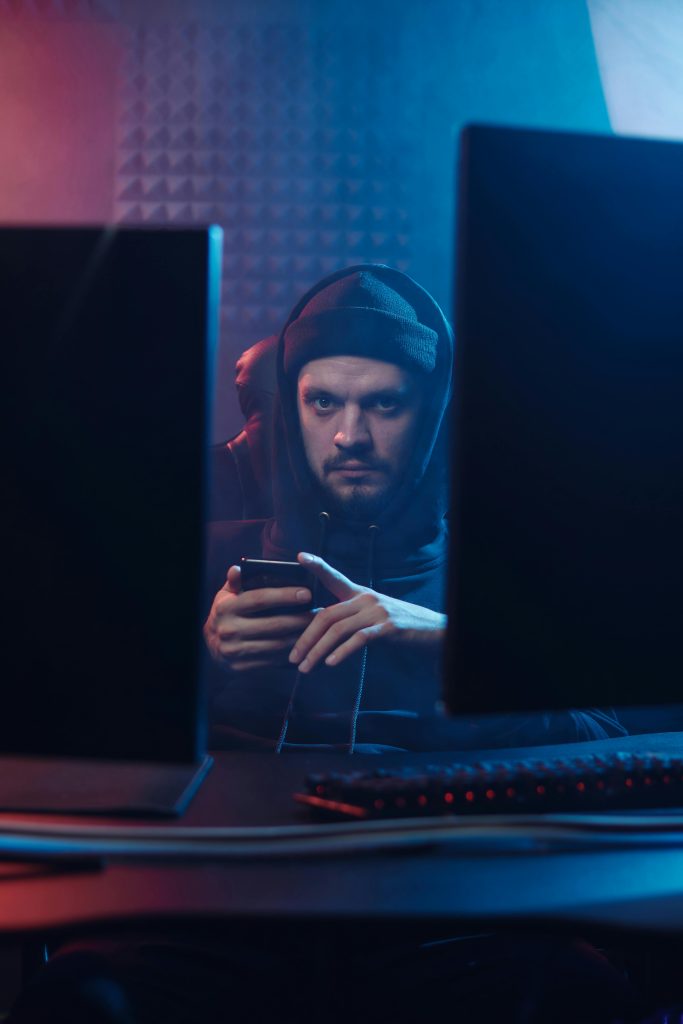
One of the top reasons people use a VPN is to keep their online activity private from government surveillance. But how private is a VPN really — and can governments still track you when you’re using one?
In this post, we’ll explain exactly how VPNs work, what government agencies can and can’t see, and which VPNs are best for staying anonymous and secure.
What Does a VPN Do?
A VPN (Virtual Private Network) encrypts your internet traffic and routes it through a secure server in another location. This process hides your real IP address, masks your online activity, and prevents your ISP (Internet Service Provider) — or anyone watching — from knowing what you’re doing.
Your traffic becomes encrypted, meaning:
- 👀 Your ISP can’t read it
- 🕵️♂️ Hackers can’t intercept it
- 🏛️ Governments can’t easily monitor it
However, the level of protection depends on the VPN provider you choose.
Can Governments Track VPN Users?
🚫 Governments Cannot See Your Online Activity Through a VPN
When using a high-quality VPN with strong encryption and a no-logs policy, your data is scrambled and unreadable. Governments may know you’re connected to a VPN server, but they won’t know what websites you visit or what data you’re sending or receiving.
⚠️ What They Can See
Even with a VPN, certain metadata can still be visible:
- The fact that you’re using a VPN (visible from traffic patterns)
- The time and duration of your connection
- The VPN server’s IP address
However, this doesn’t reveal your browsing history or personal activity — unless your VPN provider keeps logs (which you should avoid).
When Can the Government Track VPN Users?
1. ❌ If the VPN Keeps Logs
Some VPNs record your activity, connection timestamps, or IP addresses — and may hand this over if subpoenaed. That’s why choosing a strict no-logs VPN is essential.
2. ❌ If You’re Using a Free or Shady VPN
Many free VPNs sell user data or comply with surveillance demands from within high-risk jurisdictions. These are often unsafe and unreliable for privacy.
3. ❌ If Your Device Is Compromised
A VPN can’t protect you from keyloggers, malware, or spyware already on your device. You need to combine VPN use with good security hygiene.
How to Stay Private: Use a Trusted No-Logs VPN
If you’re serious about avoiding government surveillance, you need a proven, audited VPN provider with strong encryption and a commitment to user privacy.
🔐 NordVPN – Maximum Privacy & Zero Logs
NordVPN is one of the few VPNs that has undergone independent audits to verify its no-logs claims. Based in Panama, outside of major surveillance alliances, it offers advanced tools like Double VPN and Onion over VPN for high-threat scenarios.
Key Features:
- Verified no-logs policy
- AES-256 encryption
- Obfuscated servers (hide VPN use entirely)
- RAM-only servers (data wiped after every reboot)
- Based outside of 5/9/14 Eyes surveillance alliances
👉 Protect yourself with NordVPN
🛡️ OysterVPN – Affordable Privacy for Everyday Users
OysterVPN offers solid encryption and a no-logs commitment, making it a good entry-level choice for users concerned about online privacy. It’s user-friendly and works across multiple devices.
Key Features:
- No-logs policy
- AES-256 encryption
- Easy setup on all major platforms
- Cost-effective annual plans
👉 Read our full OysterVPN review
Final Verdict: Can the Government Track You with a VPN?
In most cases, no — governments cannot track your online activity if you use a secure, no-logs VPN. They may see that you’re using a VPN, but they won’t be able to see what you’re doing unless the VPN provider keeps logs or your device is compromised.
To ensure maximum protection:
- 🛑 Avoid free or unverified VPNs
- 🔐 Choose a no-logs provider in a privacy-friendly jurisdiction
- 🛡 Combine VPN use with safe browsing habits
Ready to protect your online freedom?
👉 Visit VPNReviewCompass.com for expert reviews and trusted VPN recommendations.